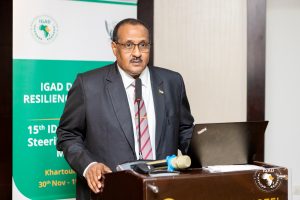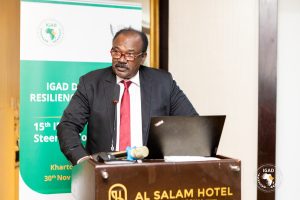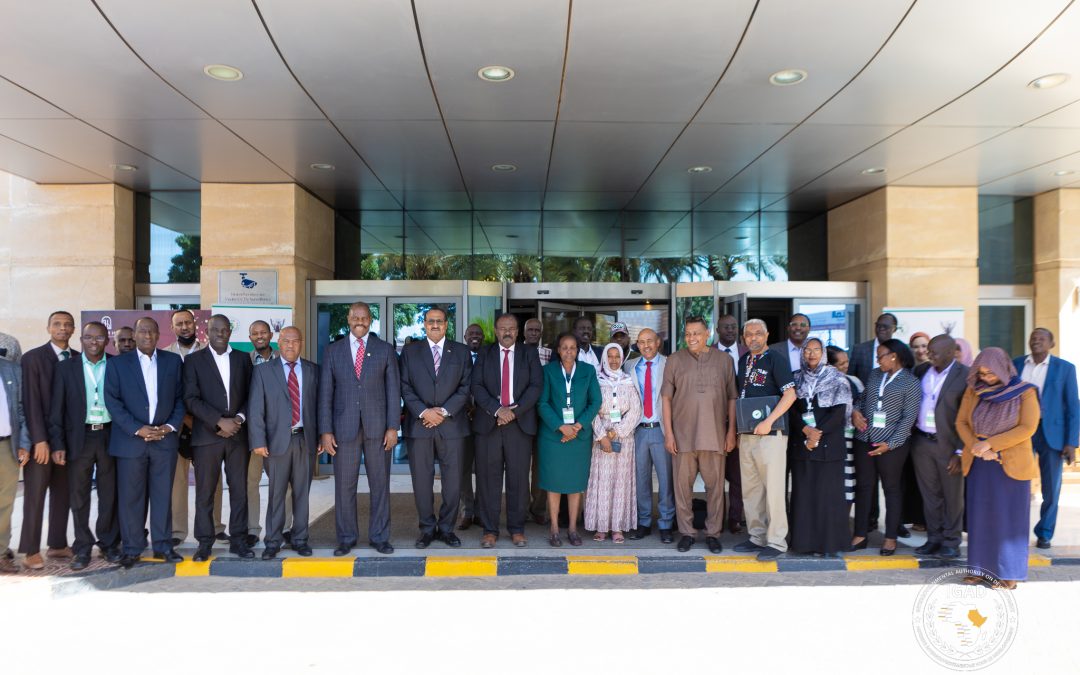December 3, 2022 (KHARTOUM, Sudan): The Intergovernmental Authority on Development (IGAD) held the 15th Steering Committee Meeting of its Drought Disaster Resilience and Sustainability Initiative (IDDRSI) on November 30 and December 1 in Khartoum.
Member States and Development Partners presented progress reports on the implementation of IDDRSI throughout the IGAD region since the last Steering Committee meeting held in July 2022 in Addis Ababa, Ethiopia. Stakeholders in attendance physically and virtually discussed the plans and proposals for future interventions aimed at ending drought emergencies through building resilience and investing in sustainable development.

During the official opening ceremony, Dr. Abubakr Omer Albushra, the Minister of
Agriculture and Forests of Sudan said: “Conflicts and ecological challenges that lead to vulnerable conditions may not be tackled without national programs, and cross-border collaboration, coordinated interventions, and support of our Donors and development partners. I hope that we will have a fruitful meeting and consultations and come up with a clear applicable recommendation to achieve our goals”.
The Director of Administration and Finance of IGAD, speaking for the Executive Secretary, stated: “Resilience to drought effects requires shifting from reactive approaches to a proactive and risk-reducing approach at a larger scale. Learning from the ground situation, such as in the Horn of Africa, there is growing consensus to move away from the traditional humanitarian action of managing disaster to anticipatory action, which is well aligned with resilience building of vulnerable communities. In this connection, investment in water development is central to building resilient communities in the face of climate change that induces prolonged drought and floods.”
The theme of the 15th IDDRSI Platform meetings was “Consolidating the Path to Resilience and Sustainability: Scaling up humanitarian actions and resilience investments.” This thematic focus was because of the ongoing drought severely affecting the region and the food insecurity projected to affect over 47 million people in seven IGAD Member States. Consequently, there is fear of catastrophic conductions, especially in Somalia and South Sudan, where over 300,000 people may be affected. In addition, an estimated 10 million children under five would suffer from malnutrition.

A series of recommendations, attached at the bottom of this article, was agreed upon as the two-day meeting, sponsored by Sweden, concluded.
The platform brings together all stakeholders involved in the drought resilience initiative, including Member States, IGAD Secretariat, Development Partners, UN agencies, Civil Society and specialised research and training institutions. The platform provides the opportunity and mechanism through which the needs and support for the region’s priorities for intervention in the drought resilience initiative can be discussed by affected countries and interested development partners.

